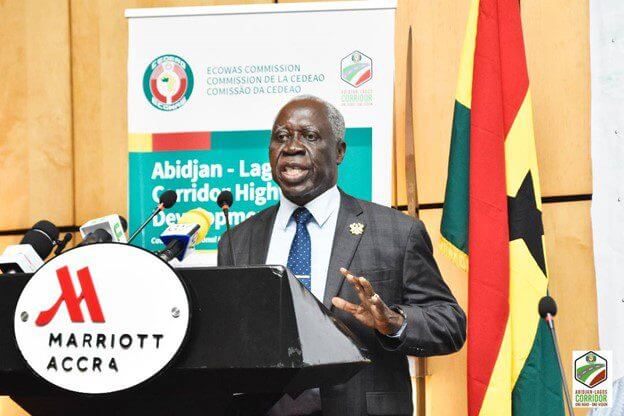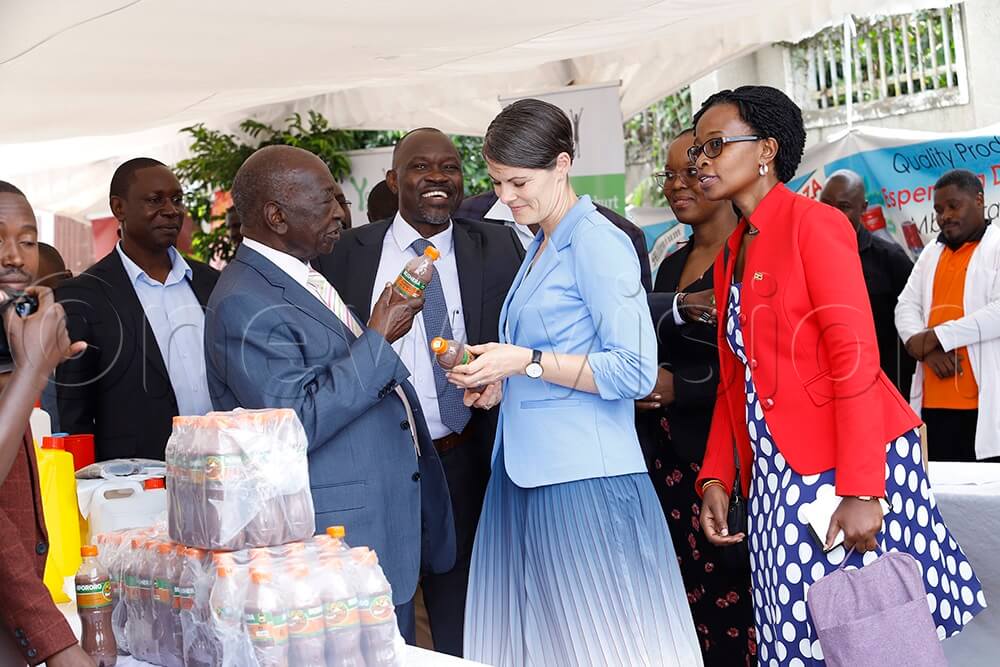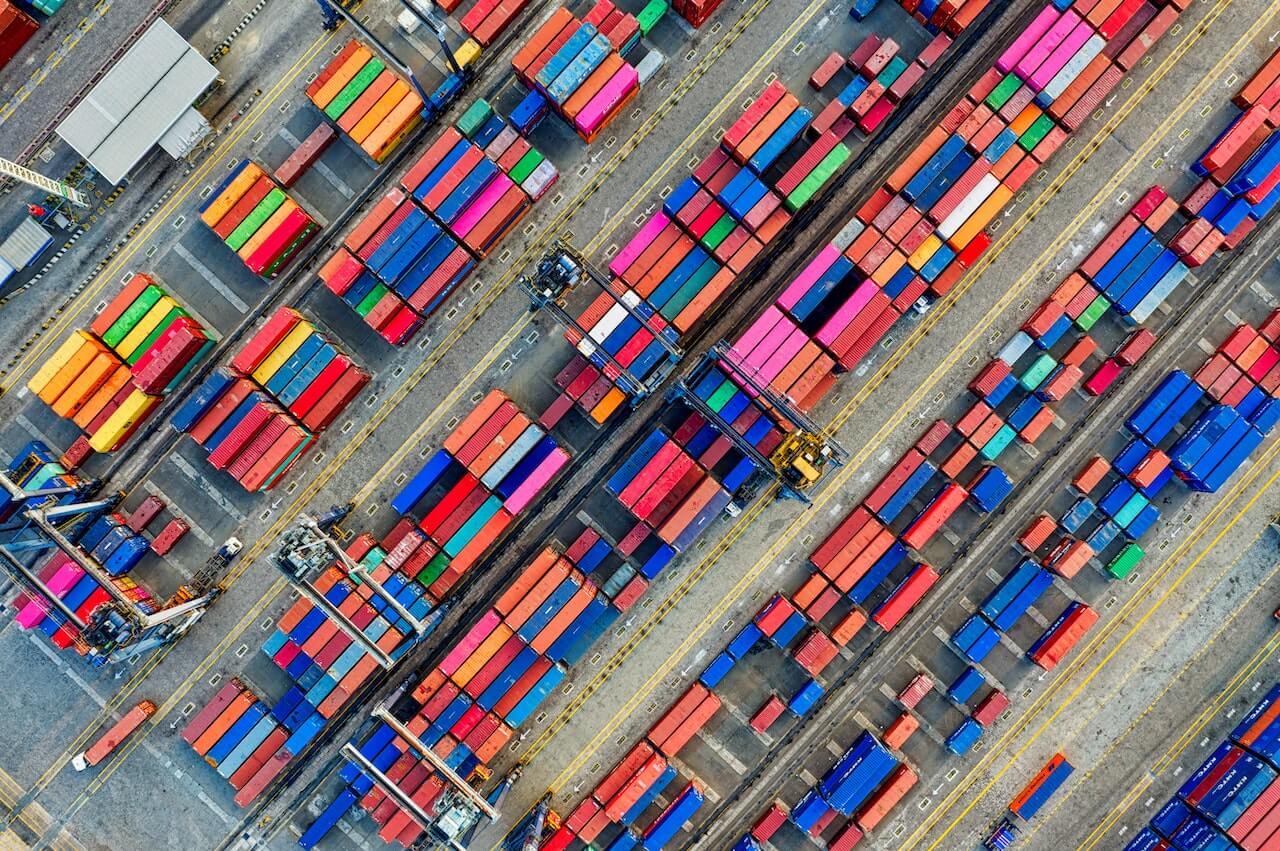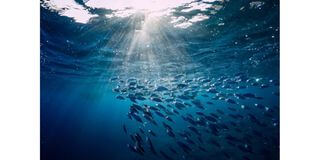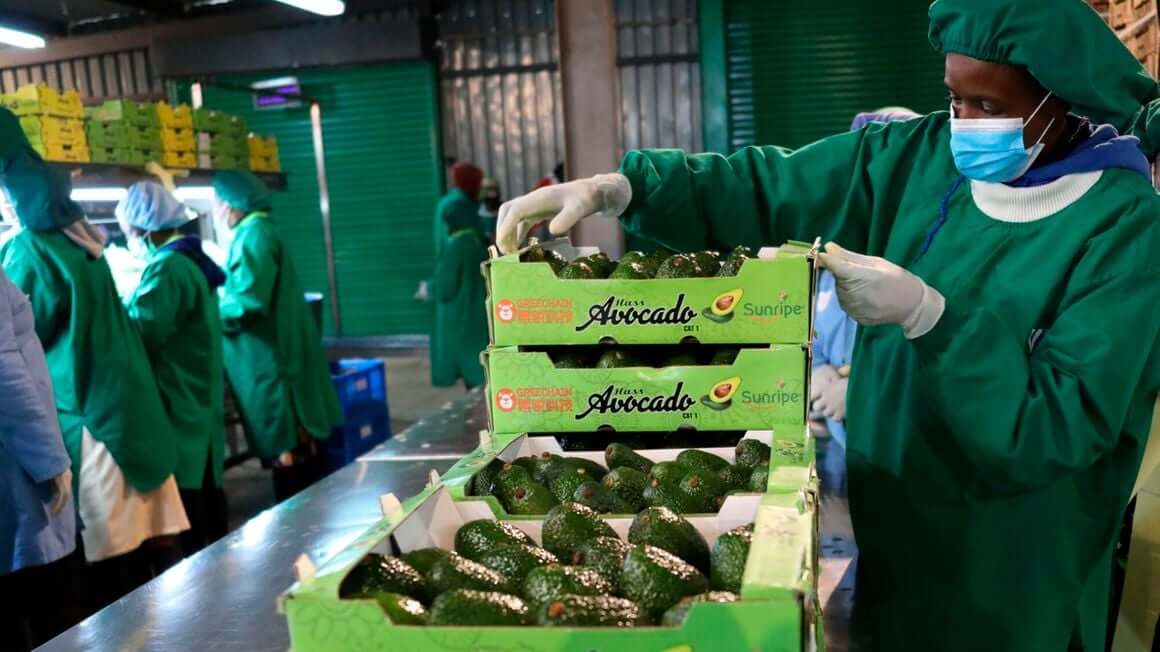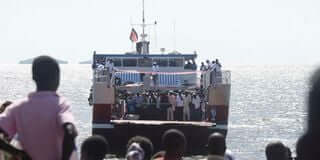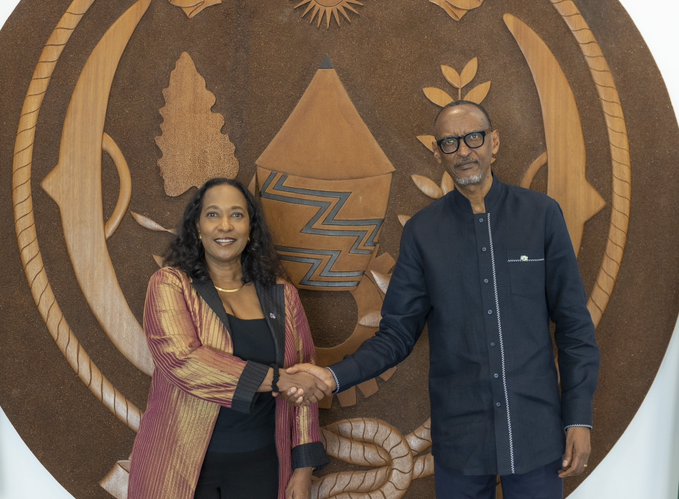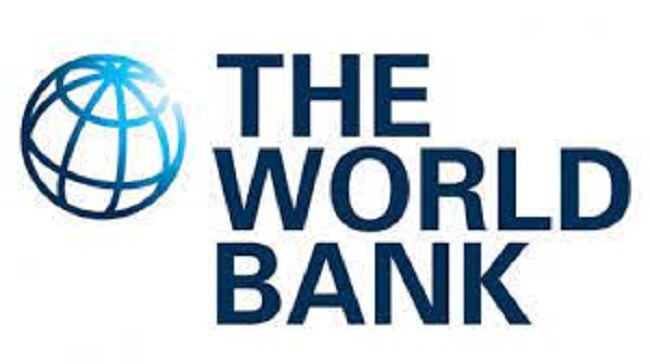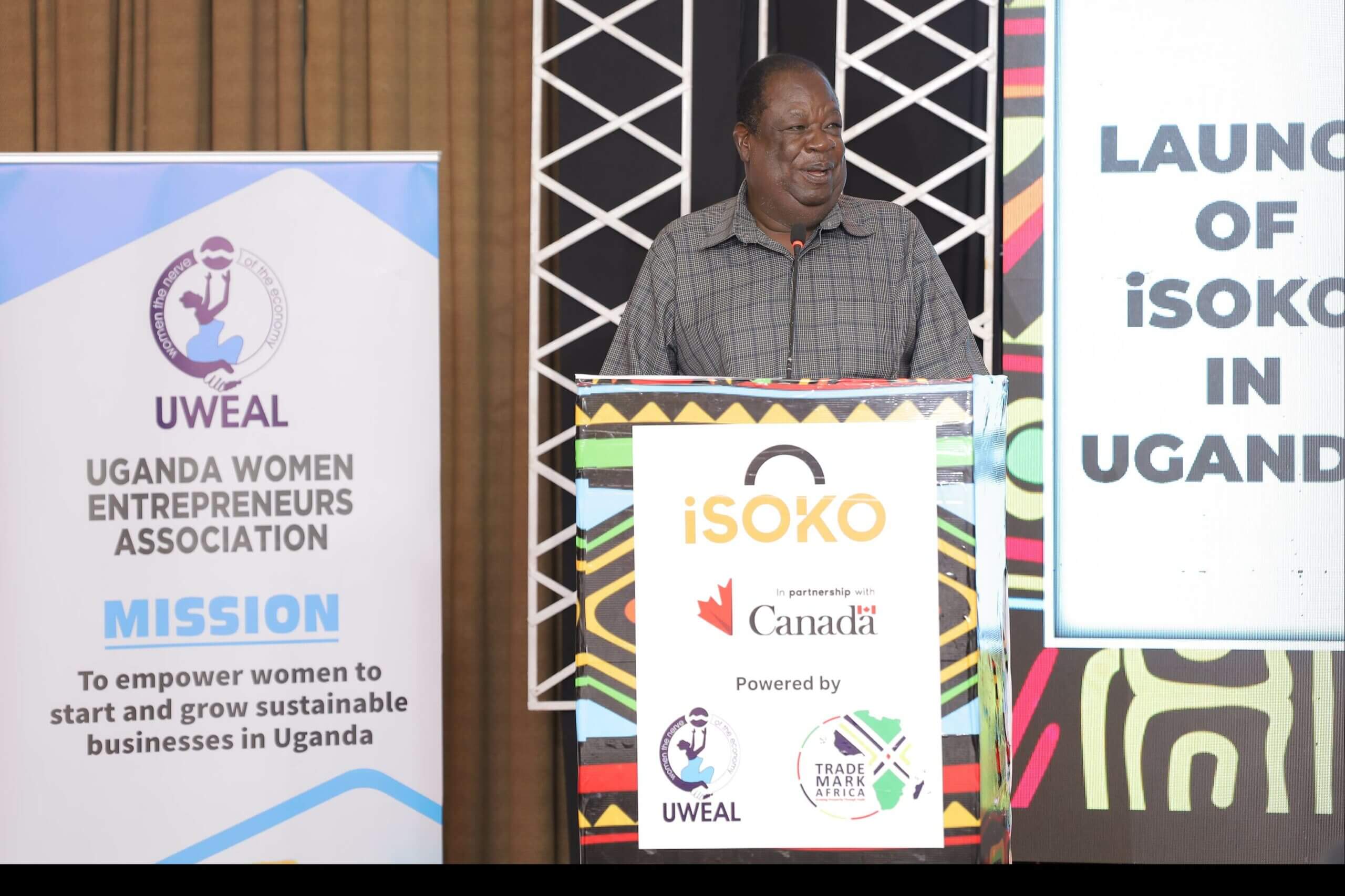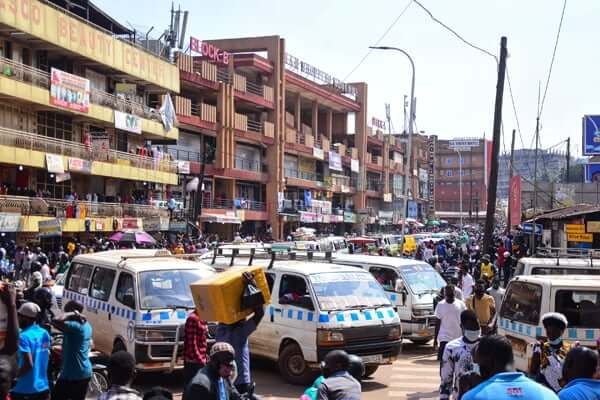Hon. Ing. Yaw Osafo Marfo, Senior Advisor to the President of the Republic of Ghana, has emphasized the significance of the Abidjan-Lagos Corridor Highway in achieving the benefits associated with the implementation of the African Continental Free Trade Area in a key note address on behalf of the Vice President of the Republic of Ghana, H.E. Nana Addo Dankwa Akuffo Addo. The Senior Advisor to the President of the Republic of Ghana commended the Ministers of Roads Infrastructure of the five (5) Corridor Member Countries namely, Nigeria, Ghana, Togo, Cote d’Ivoire, Benin and the ECOWAS Commission for their sustained effort to the corridor highway project and strong collaboration to seeing it materialized. The former Finance Minister of the Republic of Ghana recalled discussions in 2003 during his tenure as Finance Minister of Ghana on ways to improve development in the ECOWAS region to include the development of a common payment system and the need to develop a regional road infrastructure. “The first idea was to look at a common payment system within ECOWAS and secondly everyone in the room agreed that we should look for money to do road infrastructure in the sub-region because at the end of the day, movement of goods and people will require the needed infrastructure.” Hon. Yaw Osafo Marfo recalled. He expressed excitement over the assurance of AfDB to raise the required funds for the highway construction. “I was so happy to hear from AfDB that raising funds is their business, they are good at...
AfCFTA: Abidjan-Lagos Corridor Highway is of great importance – Osafo Marfo
Posted on: June 2, 2023
Posted on: June 2, 2023

